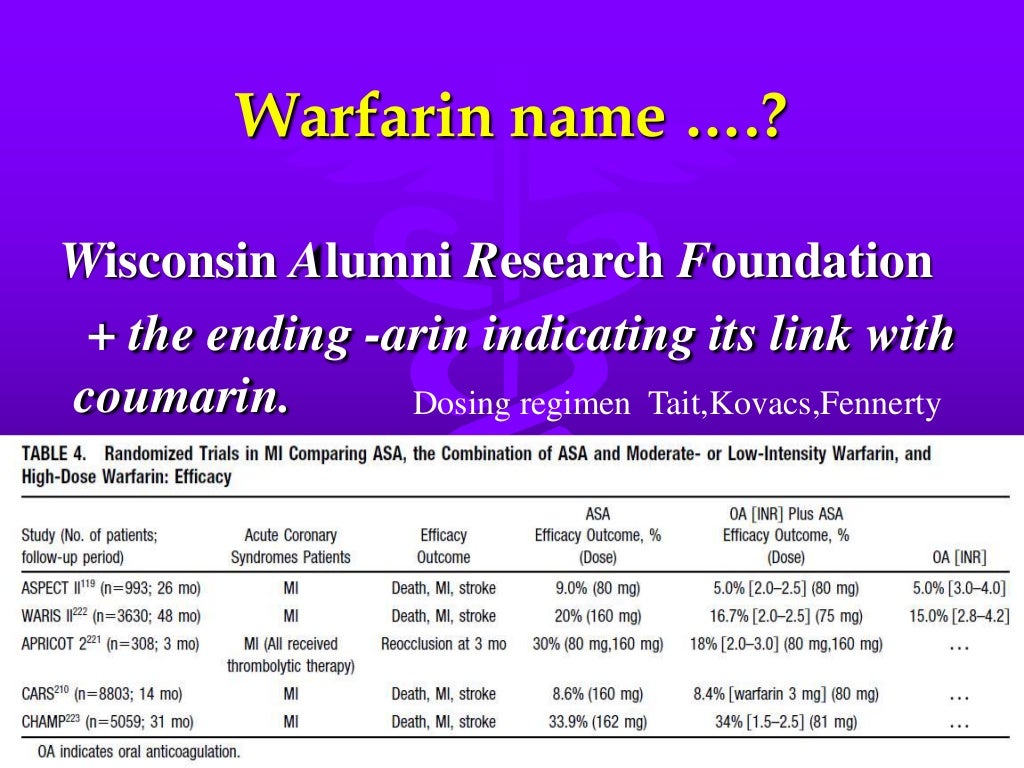
This collaborative effort now provides clinicians with the data they need to assist patients in reaching the best treatment decision for them.”Īccording to Brigham & Women’s Hospital, this new meta-analysis aggregates data from four randomized controlled trials (SYNTAX, PRECOMBAT, NOBLE, EXCEL) comparing outcomes for at least 5 years after CABG or PCI. Sabatine, who is with the Division of Cardiovascular Medicine at Brigham & Women’s Hospital, commented in the press release, “There has been persistent uncertainty among clinicians regarding the optimal revascularization strategy in patients with left main disease. The study was presented in a Featured Science session at the American Heart Association’s 2021 Scientific Sessions held November 13-15 and published simultaneously by Professor Marc S. The TIMI Study Group investigators found that CABG reduced the risk of having a subsequent myocardial infarction (MI) or needing repeat revascularization and that PCI had a lower risk of stroke in the first year. Impact of ADCY9 Genotype on Response to Anacetrapib.November 15, 2021-Brigham and Women’s Hospital in Boston, Massachusetts, announced the presentation of findings from a meta-analysis conducted by the medical center’s Thrombolysis in Myocardial Infarction (TIMI) Study Group that showed that percutaneous coronary intervention (PCI) with drug-eluting stents and coronary artery bypass grafting (CABG) in the treatment of left main coronary artery disease provide approximately similar 5-year survival rates for patients.Effects of Anacetrapib on the Incidence of New-Onset Diabetes Mellitus and on Vascular Events in People With Diabetesīowman L.HPS3/TIMI55–REVEAL Collaborative Group None. Effects of Anacetrapib in Patients with Atherosclerotic Vascular Disease.
#Timi trials trial#
Randomized Evaluation of the Effects of Anacetrapib through Lipid-modification (REVEAL)-A large-scale, randomized, placebo-controlled trial of the clinical effects of anacetrapib among people with established vascular disease: Trial design, recruitment, and baseline characteristics.HPS3/TIMI55-REVEAL Collaborative Group None. Long-term safety and efficacy of anacetrapib in patients with atherosclerotic vascular disease.However, in the UK we continue to collect information on health outcomes via central data registries and NHS sources. Long-term follow-up informationĪll participants stopped study treatment prior to February 2017 and direct participant follow-up was completed in April 2019.
#Timi trials full#
These findings illustrate the importance of sufficiently long treatment and follow-up duration in randomised trials of lipid-modifying agents to assess their full benefits and harms. They showed that the beneficial effects of anacetrapib on major coronary events increased with longer follow-up, with no adverse effects emerging for non-vascular mortality or morbidity. The REVEAL post-trial follow-up results were published in December 2021. The treatment was well tolerated and there were no major safety concerns. Results were published in 2017 and showed that anacetrapib lowers the risk of heart attack and related cardiovascular complications among high risk patients who are receiving intensive statin treatment. Financial support has been provided by Merck Sharp & Dohme. The University of Oxford is the trial Sponsor.

The trial was coordinated at CTSU, with academic collaborators leading regional coordinating centres in Europe, North America and China.

Secondary aims included assessment of the safety of anacetrapib, as well as the effects on a number of other outcomes. The primary aim of the study was to see whether fewer participants given anacetrapib had heart attacks, revascularization procedures or died from coronary heart disease than those given the placebo tablets. Participants also received either anacetrapib 100mg or matching placebo (dummy) tablets daily (allocated randomly). All study participants were given atorvastatin (a commonly used "statin" drug) to ensure good control of LDL ("bad") cholesterol. Participants were recruited from over 430 hospitals and clinics in the UK, North America, China, Germany, Italy and Scandinavia. Between 20 REVEAL recruited over 30,000 men and women who already had some form of circulatory disease. REVEAL was a randomised trial investigating the effects of adding anacetrapib (a potent CETP inhibitor) to effective LDL-lowering treatment with atorvastatin.


 0 kommentar(er)
0 kommentar(er)
